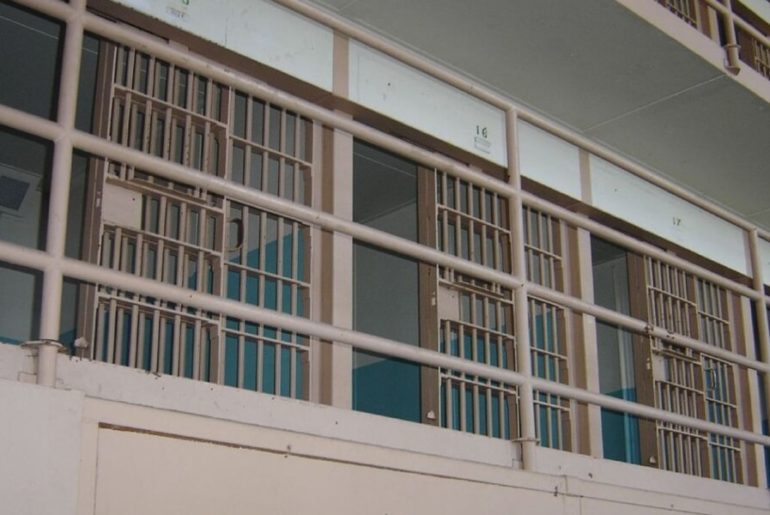Five days after California Governor Gavin Newsom signed AB 32 —a bill which curbs the operation of private, for-profit prisons and immigration detention facilities in the state—the U.S. Department of Homeland Security posted a request for proposals on the Federal Business Opportunities website. In the October 16 post, DHS called for at least four contract detention facilities in the San Diego, San Francisco, and Los Angeles areas with the capacity for 6,750 beds, as reported in the Palm Springs Desert Sun.
All bids had a deadline of October 31, with contracts spanning between five and fifteen years to begin on Dec. 20. The timeline ends just before the for-profit prisons ban prohibiting the state Department of Corrections and Rehabilitation from entering into or renewing contracts with private entities goes into effect on January 1, 2020.
The DHS solicitation specified that proposals for newly constructed centers would not be considered, and read in part: “The facilities shall be turnkey ready at the beginning of contract performance and able to provide housing, medical care, transportation, guard services, meals, and the day to day needs for ICE detainees.”
“The impact of such a state law would be felt almost exclusively by residents of California who would be forced to travel greater distances to visit friends and family in custody,” said an ICE spokesperson to the Sacramento Bee about plans to relocate detainees in response to the ban.
Yet supporters of AB 32 say that the time has come for an end to inhumane for-profit facilities. In a statement, bill author, Assemblyman Rob Bonta (D-Oakland) said, “By ending the use of for-profit, private prisons and detention facilities, we are sending a powerful message that we vehemently oppose the practice of profiteering off the backs of Californians in custody, that we will stand up for the health, safety, and welfare of our people, and that we are committed to humane treatment for all.”
AB 32 was the death knell of for-profit detention facilities in California, which became more prominent after a 2009 federal court order compelled the state to mitigate hazardous overcrowding in its prison system. But as the public and legislators increasingly call for the closure of these facilities, and protest their furtherance of the Trump immigration’s stringent immigration policies, for-profit centers have seen a decline in recent years. According to Forbes magazine, banks are also parting ways with the private prison sector, which has crippled the once booming industry. The trend holds across the country, with the passage of bans in New York, Illinois, Iowa, and Nevada, as well as an overall drop in the number of people housed in U.S. private prisons.
As California moves individuals from private to state-operated prisons, some 2,000 prisoners, or 2 percent of the state’s incarcerated population, remained in private facilities by June 2019. At present, ICE contracts with the GEO Group—the state and the nation’s largest private prison company—and CoreCivic to operate immigration detention centers with room to detain 4,694 people. These contracts are set to expire in 2020, with GEO Group facilities, Adelanto and Mesa Verde to close next March, CoreCivic’s Otay Mesa Detention to likely shutdown this coming May.
The pending closures follow that of the James A. Musick and Theo Lacy facilities after DHS documented in 2017 that prisoners were made to eat spoiled food. Last year, DHS also “identified a number of serious issues that violate ICE’s 2011 Performance-Based National Detention Standards and pose significant health and safety risks” during an unannounced inspection of the Adelanto ICE Processing Center.
Said Assemblyman Bonta to Mother Jones of efforts to keep private prisons in the states “These twisted somersaults to push and bend federal protocols are a sign of desperation,” he said. “It’s what you’d expect from a dying industry.”

